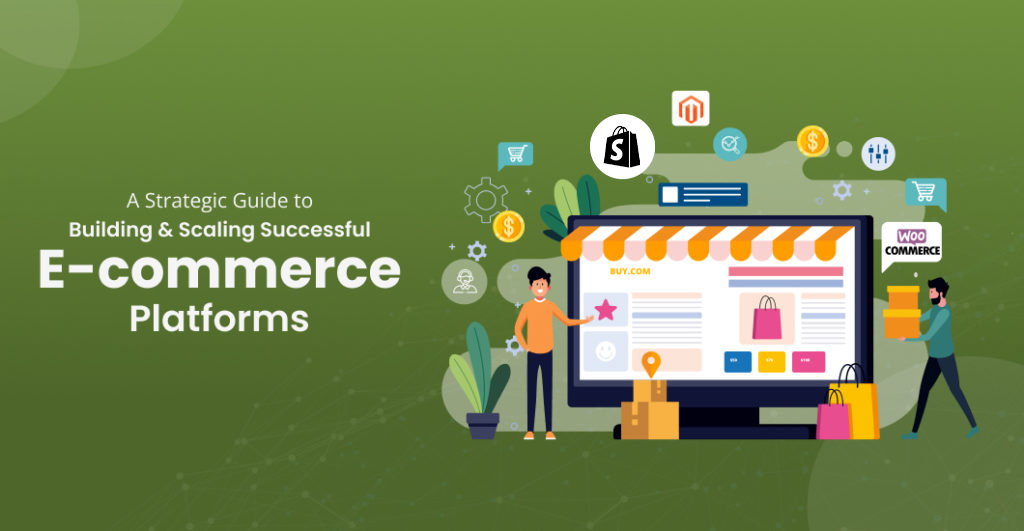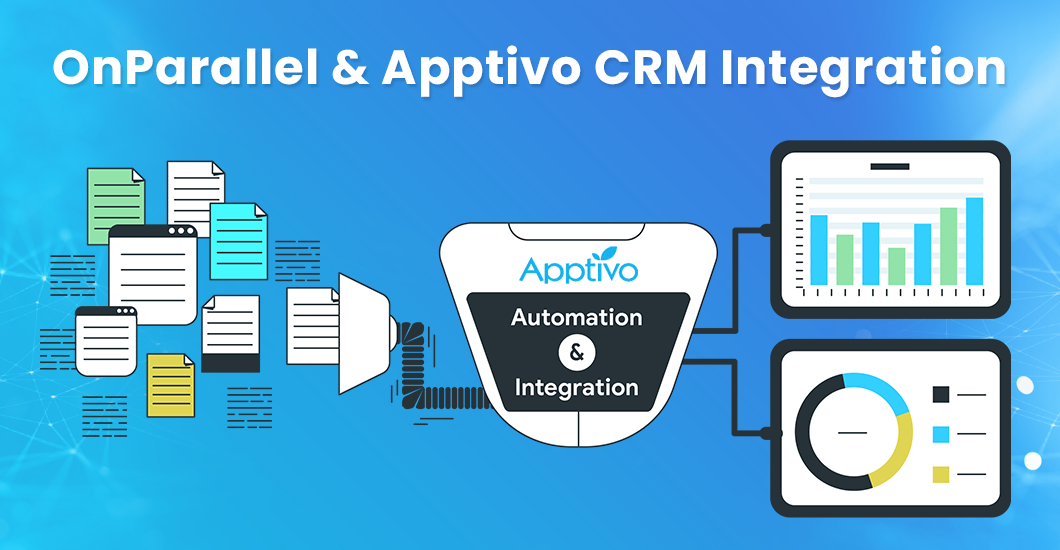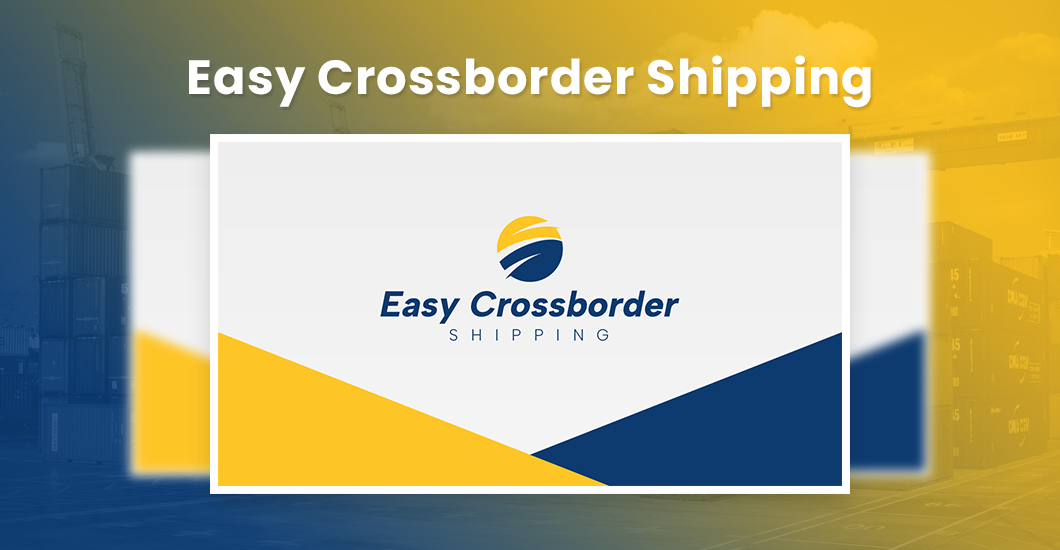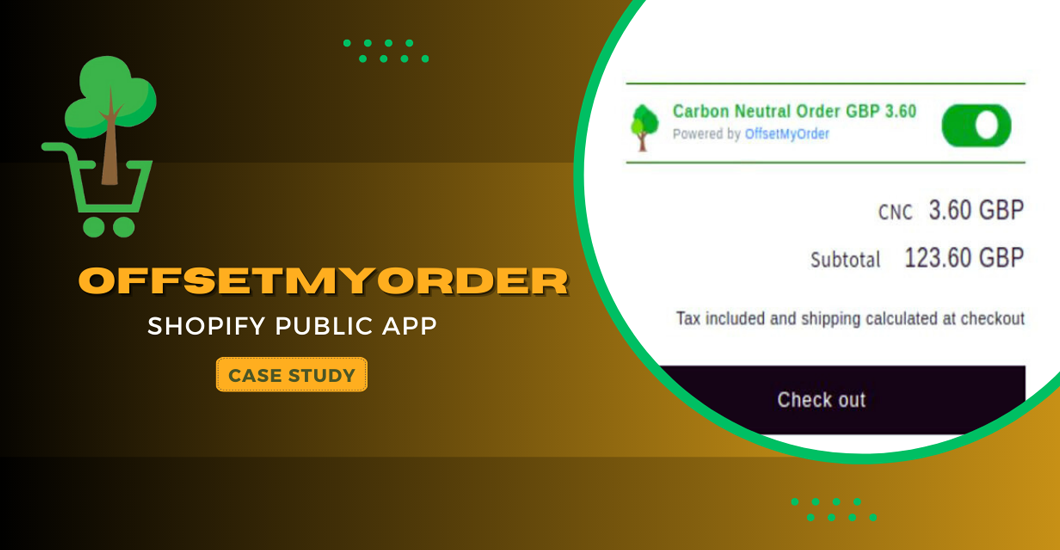Introduction
Establishing a marketplace store significantly differs from setting up a traditional retail store. Marketplaces present unique challenges that necessitate addressing several crucial questions during the planning phase. In this article, I will provide a concise overview of the primary challenges and critical considerations associated with marketplace stores.
Due to the extensive nature of this topic, it cannot be comprehensively covered in a single article. However, I may delve into the specifics of each challenge or question in future articles. For now, this article will offer a general examination of the challenges and critical aspects of marketplace stores.
Understanding Online Marketplaces
What is a online Marketplace?
A marketplace is an online platform that facilitates transactions between multiple third-party sellers and buyers, providing a centralized location for product listings, payment processing, and order fulfillment. Unlike traditional e-commerce websites, which typically sell products from a single vendor, marketplaces host a variety of sellers, offering customers a wide range of products and services.
How Marketplace Stores Can Be Built on Shopify
Shopify supports the creation of marketplace stores through third-party apps and custom development. By integrating marketplace-specific apps like “Multi Vendor Marketplace” or “Marketplace in a Box” from the Shopify App Store, businesses can transform their Shopify sites into fully functional marketplaces. These apps allow multiple vendors to list their products, manage inventory, and process orders, all within Shopify’s ecosystem.
Is Shopify the Best Platform to Build Marketplace Stores?
Shopify is a strong contender for building marketplace stores due to its robust e-commerce features, extensive app ecosystem, and user-friendly interface. However, whether it’s the best platform depends on specific business needs, including budget, technical expertise, and desired marketplace features. Shopify excels in simplicity and scalability but might require additional customization or apps for marketplace functionality.
Main Challenges in Building Marketplaces on Shopify or Any Other Platform:
- Vendor Management: Handling multiple sellers adds complexity in terms of onboarding, payouts, and dispute resolution.
- Customization and Scalability: Tailoring the platform to accommodate a marketplace model and scaling to handle increased traffic and listings.
- Quality Control: Ensuring the quality of products and services across various vendors.
- Technical Integration: Integrating or developing features for seller management, product listings, and customer service.
- Regulatory Compliance: Managing taxes, data privacy, and other legal requirements for multiple sellers and jurisdictions.
Alternative Platforms for Marketplace Stores to Shopify:
- Magento with Marketplace Extensions: Offers extensive customization and scalability.
- WooCommerce with Multi-Vendor Plugins: A flexible, open-source option for those already using WordPress.
- BigCommerce with Marketplace Apps: Similar to Shopify, with robust e-commerce capabilities and app integrations.
- CS-Cart Multi-Vendor:A standalone platform designed specifically for building marketplace websites.
- Sharetribe: Tailored for creating marketplaces without requiring coding skills, focusing on user-to-user interactions.
Each platform has its strengths and challenges, and the choice depends on factors like budget, technical
expertise, desired level of customization, and specific marketplace needs.
Crucial Planning Questions
Some very crucial questions to answer while planning an online marketplace?
When planning a marketplace store for a client on any e-commerce platform, it’s crucial to ask comprehensive questions that cover the business model, operations, and technical requirements. Here are the top 5 questions to consider, including the ones you’ve mentioned, which are indeed very pertinent:
What Will Be the Payout Model?
- How will payments be split between vendors and the marketplace?
- What fees will the marketplace charge?
- How and when will the marketplace pay the vendors?
This question addresses the financial structure of the marketplace, ensuring clarity on revenue sharing, fees, and payment schedules. It’s essential for defining the economic viability for all parties involved.
How Will Product Delivery Be Handled?
- Will vendors be responsible for shipping, or will the marketplace provide logistics support?
- How will shipping costs be calculated and charged?
- What delivery options will be available to customers?
Understanding the logistics and delivery strategy is critical for managing customer expectations and vendor responsibilities.
How Will Vendor Onboarding and Management Be Streamlined?
- What process will vendors follow to join the marketplace?
- How will vendor data, products, and performance be managed and monitored?
- What support and resources will be provided to vendors?
This ensures the marketplace can efficiently onboard new vendors, manage their listings, and maintain high-quality standards across the platform.
What Customer Support and Dispute Resolution Mechanisms Will Be in Place?
- How will customer inquiries and complaints be handled?
- What processes will be in place for resolving disputes between buyers and sellers?
- Will there be a system for reviews and feedback?
Effective customer support and dispute resolution are crucial for maintaining trust and satisfaction among users of the marketplace.
How Will the Marketplace Store Integrate With Existing Systems?
- Are there existing systems (CRM, ERP, accounting) that the marketplace needs to integratewith?
- How will customer and transaction data be synced across platforms?
- What technical requirements or APIs are necessary for these integrations?
This question addresses the technical implementation and ensures that the marketplace can seamlessly integrate with the client’s existing business systems, facilitating smooth operations and data management.
How Will the Marketplace Store Integrate With Existing Systems?
- What standards and criteria will vendors need to meet to sell on the marketplace?
- How will you monitor and enforce compliance with these standards?
- What mechanisms will be in place for customers to report issues with vendors or
products?
This question helps establish the marketplace’s commitment to quality and reliability, ensuring that customers have a consistently positive experience.
How Will the Marketplace Store Integrate With Existing Systems?
- Can vendors customize their storefronts within the marketplace?
- What level of branding and personalization will be allowed for vendor pages?
- How will these customizations affect the overall user experience on the platform?
Understanding the balance between a unified marketplace brand and individual vendor identities is crucial for maintaining a cohesive customer experience while allowing vendors enough flexibility to stand out.
How Will the Marketplace Store Integrate With Existing Systems?
- Will the marketplace support multiple currencies and languages?
- How will international taxes, shipping, and customs be managed?
- What payment methods will be supported for international transactions?
For marketplaces aiming for a global reach, addressing the complexities of international e-commerce is
crucial for a seamless cross-border shopping experience.
How Will the Marketplace Store Integrate With Existing Systems?
- What measures will be in place to protect sensitive vendor and customer data?
- How will the platform comply with data protection regulations (e.g., GDPR, CCPA)?
- What protocols will be implemented for data breach detection and response?
This addresses the increasingly critical area of data security, ensuring that the marketplace is trustworthy and compliant with legal requirements.
How Will the Marketplace Store Integrate With Existing Systems?
- How will the marketplace be promoted to both vendors and customers?
- What tools and support will be provided to vendors to help them market theirproducts?
- How will products and vendor pages be optimized for search engines?
A clear marketing and SEO strategy is essential for attracting and retaining users, and for ensuring that vendors can effectively reach their target audience within the marketplace.
How Will You Analyze and Utilize Marketplace?
- What analytics tools will be integrated into the platform?
- How will data on sales, customer behavior, and vendor performance be collected and analyzed?
- How will this data inform future marketplace strategies and improvements?
Understanding the role of data analytics can provide insights into improving the marketplace, personalizing the customer experience, and supporting vendors’ success.
How Will You Analyze and Utilize Marketplace?
- How will the platform handle increased traffic and transactions as the marketplace grows?
- Are there plans for expanding into new markets or segments?
- How will the marketplace infrastructure be adapted to accommodate growth?
This ensures that the marketplace is prepared for growth and can scale efficiently without compromising performance or user experience.
Addressing these questions can significantly contribute to a well-rounded marketplace strategy, ensuring a solid foundation for operations, growth, and the overall success of the platform.
Conclusion
In conclusion, the development and management of a successful marketplace store encompass a multitude of strategic considerations that go beyond the initial technical setup. From devising a clear and equitable payout model to ensuring seamless product delivery, the foundational aspects of marketplace planning are crucial for establishing a platform that benefits both vendors and consumers alike. Equally important are the considerations around vendor onboarding and management, quality control, and the integration with existing systems, which together ensure a cohesive and efficient operational framework.
Moreover, addressing concerns related to customer support, data security, marketing, SEO, and scalability reveals the complexity of managing a marketplace. These elements are not justoperational necessities but are central to creating a trusted, engaging, and growth-oriented environment. The questions raised also highlight the importance of forward planning, particularly in areas such as international expansion, data analytics, and regulatory compliance, underscoring the need for a marketplace to be adaptable and responsive to both market trends and regulatory changes.
The dialogue around alternative platforms further emphasizes that while tools like Shopify offer robust foundations, the choice of platform should be guided by specific business needs, scalability considerations, and the unique value proposition of the marketplace. In essence, building a marketplace store is a dynamic and ongoing process that requires careful planning, a deep understanding of both
the market and the technology, and a commitment to creating a vibrant ecosystem where vendors and customers can thrive.
In navigating these complexities, the key to success lies in maintaining a focus on the marketplace’s core mission, fostering strong relationships with vendors, and continually enhancing the customer experience. As the digital marketplace landscape evolves, staying attuned to these foundational principles will enable marketplace operators to not only adapt to changes but also to seize new opportunities for innovation and growth.





